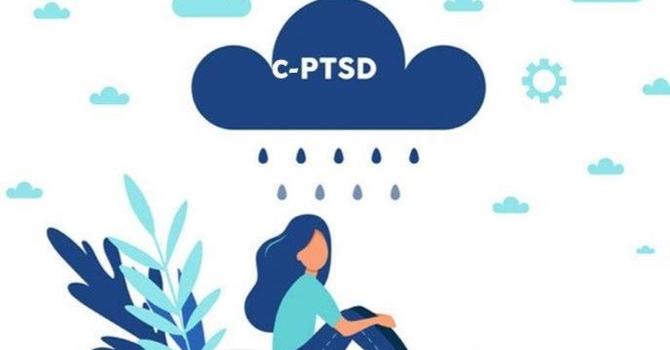Counselling offers a safe space for clients to explore difficulties they are facing in their daily lives where they are able to feel heard and be seen without judgement. Our Licensed Registered Professional Counsellor, uses an individualized integrative therapy approach combining techniques such as Cognitive Behavioral Therapy (CBT), Person Centered Therapy, and Psychoanalytic Therapy.
Certified Life Coach sessions designed to help ambitious achievers meet the goals and outcomes that will bring them success and fulfillment in any and all areas of life. Together, you will clarify goals and identify obstacles and problematic behaviors in order to create an action plan to achieve your desired results
When asked the difference between Counselling and life Coaching, one could explain that Coaching takes the client’s current starting point as an acceptable neutral ground and is more action-based from that point onward. A life coach enables the person receiving treatment to take control of their life and take action to steer it toward their goals.
Book by Treatment
Bri Larson
Book NowBlog
Do you want effective help for your stress and anxiety?
Stress can affect you in many ways. You may find yourself sleeping poorly, or unable to concentrate. Others may have said that you seem tense all the time, or that you snap at them. Your doctor has talked to you about your high blood pressure. Whatever the symptoms, you know that you need to make changes before your health, and your relationships, get more damaged than they already are.
*(Each person’s progress in therapy is unique. Some clients make significantly more progress, others progress slowly. There are many variables that affect change, such as the extent of trauma in childhood, the amount of social support, the compatibility between client and psychologist. and other factors.)
Why am I so stressed?
Stress is defined as having more demands on a person than they have resources to handle. Many people experience workplace stress. That can come from having too many tasks to handle. A major drain on people is having a conflicted relationship with someone. Whether it is with your boss, your spouse or someone else, the ongoing friction creates substantial stress for many people.
Another category is post-traumatic stress. This occurs after a person has been in a traumatic incident, such as an accident, or being a victim of a crime or abuse. After the trauma, the person’s brain is constantly on high alert for new signs of danger. It does this in order to detect these signals, and protect the person from further harm. However, this results in chronic anxiety, which is draining for people.
You can feel better.
Therapy can help you address the conflict in your relationships that is causing you so much stress (whether at work or at home). This can include conflict resolution, or it can be marriage counseling. It can also help you address the overload of demands on your time and energy. You can also learn to increase your resources, so that you can handle the stress better. Finally, you can reduce the anxiety from traumatic events you have experienced or witnessed.
Because I collect objective feedback from each client, in each session, I can track how many of my clients do feel better by the end of therapy. On average, my clients improve 12.4 points on a 40 point scale of psychological distress. In the video above, it showed that clients improved 5 or 6 points on the same scale, when the therapist did not measure.
Accelerating your recovery.
Effective therapy is efficient therapy. The research shows that when a psychologist uses Feedback Improved Therapy, that 30% fewer sessions are needed for the average client to recover. It gives you much more benefit, in less time, than the traditional method of psychotherapy.






